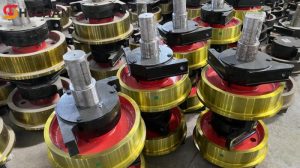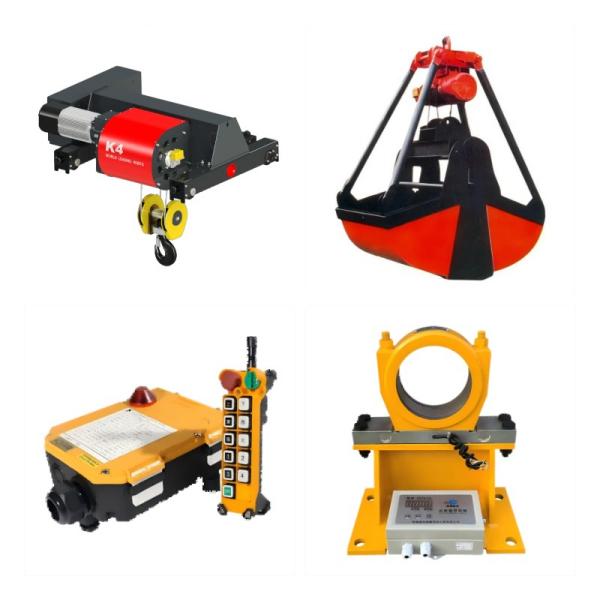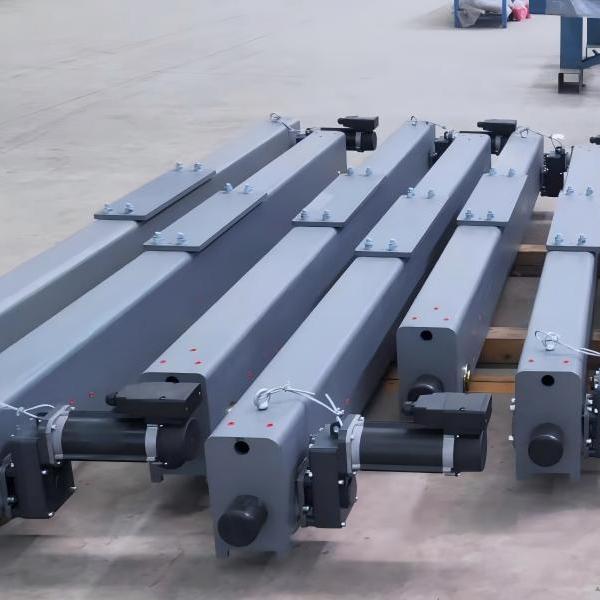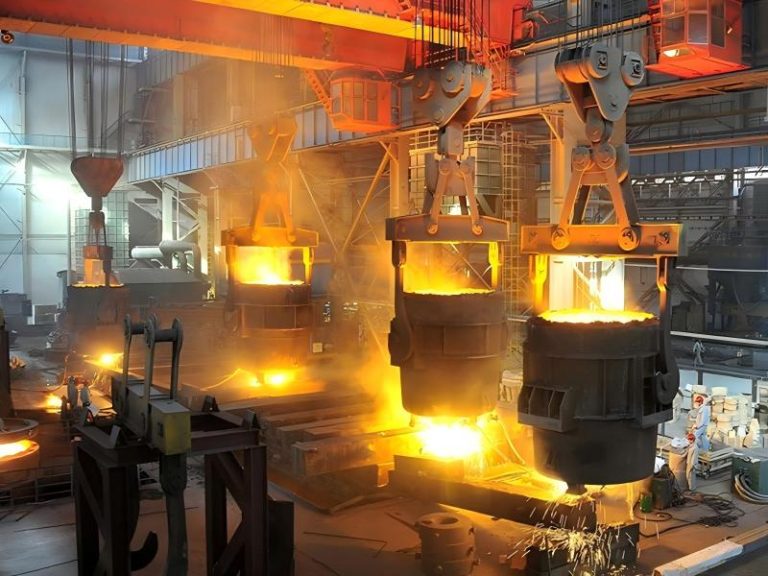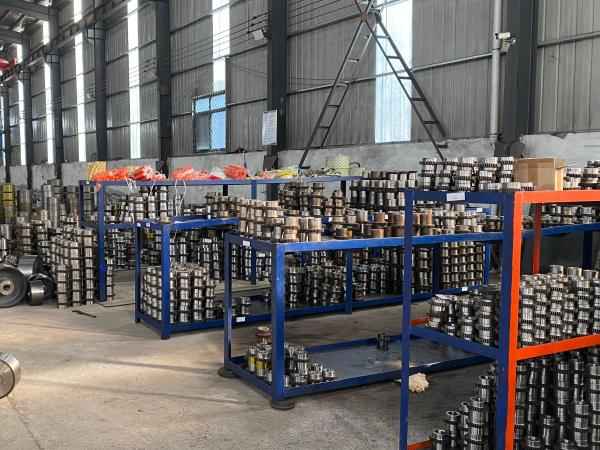How to Select the Right Crane Wheel for Your Overhead Crane
Introduction
Crane wheels are critical parts that carry the crane across the runway. Choosing the right crane wheel ensures smooth operation, reduces wear, and extends service life. Since wheels bear the full load of the crane, careful selection is essential for both efficiency and safety.
Step 1: Understand Crane Type and Load
Different overhead cranes require different wheel designs. For example, single girder cranes usually use smaller wheels, while double girder cranes demand larger, heavier wheels. Moreover, buyers must check the maximum load capacity before selecting.
Step 2: Consider Material Quality
Forged steel wheels are highly recommended because they resist wear and deformation. In addition, precision machining reduces stress on the runway rails. Cast wheels may be cheaper, but they often have shorter lifespans under heavy use.
Step 3: Choose the Right Wheel Profile
The wheel profile must match the rail. A mismatched profile increases friction and shortens wheel life. Therefore, buyers should confirm rail dimensions before ordering crane wheels.
Step 4: Evaluate Standards and Safety
FEM and ISO standards ensure that wheels meet international safety levels. Selecting wheels from certified manufacturers reduces maintenance risks. Furthermore, proper heat treatment improves durability under continuous operations.FEM and ISO standards ensure crane wheels meet international safety levels. For more, visit FEM Guidelines for Crane Wheels.
Step 5: Factor in Maintenance and Replacement
High-quality wheels reduce downtime and long-term costs. Therefore, buyers should consider not only initial price but also total service life. Choosing a reliable supplier ensures spare parts availability.
Conclusion
Selecting the right crane wheel requires attention to crane type, material, standards, and long-term cost. With the correct wheel, overhead cranes perform more efficiently and safely. For durable crane wheels and complete crane parts, visit www.hnhlcrane.com.
-
How do I choose the right crane wheel for my overhead crane?
Consider crane type, load capacity, wheel material, profile compatibility, and compliance with FEM or ISO standards. -
What materials are best for heavy-duty crane wheels?
Forged steel wheels are recommended due to high wear resistance and long service life, especially for double girder cranes. -
How does wheel profile affect crane performance?
The wheel profile must match the rail. Mismatched profiles increase friction, reduce efficiency, and shorten wheel life. -
Are FEM standard crane wheels necessary for all cranes?
While not mandatory for small cranes, FEM standard wheels are preferred for heavy-duty or industrial applications to ensure safety and longevity. -
How often should crane wheels be inspected or replaced?
Wheels should be inspected regularly for wear, cracks, and alignment. Replace when wear exceeds manufacturer specifications or safety is compromised.


